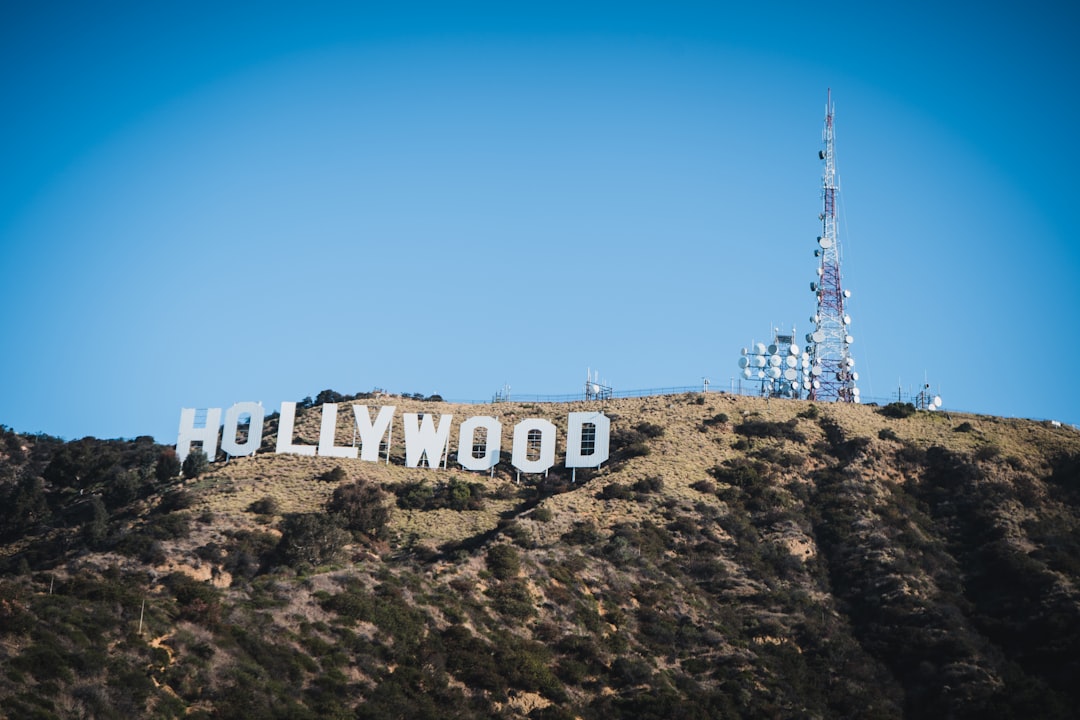Summary: The entertainment industry is grappling with how to respond to rapid advances in AI technology. While Silicon Valley, led by OpenAI, embraces AI tools like the Sora app as creative gifts, Hollywood executives express uncertainty and concern, especially regarding copyright and intellectual property. The music industry shows more readiness to engage with AI, but overall, Hollywood risks being outpaced by technology moving faster than it can manage.
A Tale of Two Industries: Silicon Valley vs. Hollywood
This week provided a clear look at the growing divide between Silicon Valley and Hollywood on how to handle AI’s rise. At OpenAI’s DevDay, CEO Sam Altman introduced the new Sora app, positioning it as a gift to content creators and suggesting that OpenAI might even be too cautious in limiting AI-generated videos.
Altman shared during a media Q&A in San Francisco, “On the whole, creators, rights holders, people are very excited about the potential of this. They believe it will deepen connection. It’s kind of like a new generation of fanfiction.” Meanwhile, just a day later at Bloomberg’s Screentime event in Los Angeles, media executives and studio heads expressed uncertainty and concern about AI’s impact.
OpenAI’s Bold Move with the Sora App
Sora quickly gained traction, hitting 1 million downloads and topping the App Store charts. However, its development raised eyebrows in Hollywood, as OpenAI trained the AI on existing intellectual property without explicit permission. This approach, while deliberate, has left many in the entertainment industry uneasy.
Hollywood’s Mixed Reactions to AI
At the Screentime event, the phrase “we care about copyright” was frequently repeated, yet no one directly addressed OpenAI’s use of their content. Netflix co-CEO Greg Peters sidestepped questions about Sora, focusing instead on AI’s more traditional roles in production. Paramount Skydance CEO David Ellison described AI as a “new pencil” for creators, emphasizing its potential as a tool rather than a threat.
Warner Music CEO Robert Kyncl stood out by insisting that AI training requires licensed content and warning of consequences for unauthorized use. His perspective highlights the music industry’s relatively stronger stance on AI compared to Hollywood’s hesitance.
Music Industry Takes a Stand
The music industry, having navigated challenges like the rise of streaming, is better positioned to address AI’s implications collectively. Kyncl expressed optimism, suggesting AI could ultimately benefit music similarly to how YouTube evolved into a major distribution platform after resolving copyright issues.
The Road Ahead for AI and Entertainment
Despite some positive outlooks, Hollywood’s lack of unified action means AI companies may continue to operate without seeking permission first. OpenAI’s strategy reflects a tech industry pattern of pushing boundaries to achieve dominance. As AI technology advances rapidly, Hollywood faces the risk of being overwhelmed unless it develops a clear, collective response.
Follow topics and authors from this story to see more like this in your personalized homepage feed and to receive email updates.
Most Popular
- American politics has devolved into shitposting and aura farming
- Brendan Carr wants to let internet providers charge hidden fees again
- Edifier’s new wireless speaker looks like a gaming PC
- Belkin’s new power bank gives your smartphone a camera grip for $80
- Timex is resurrecting its first LCD watch 50 years later
